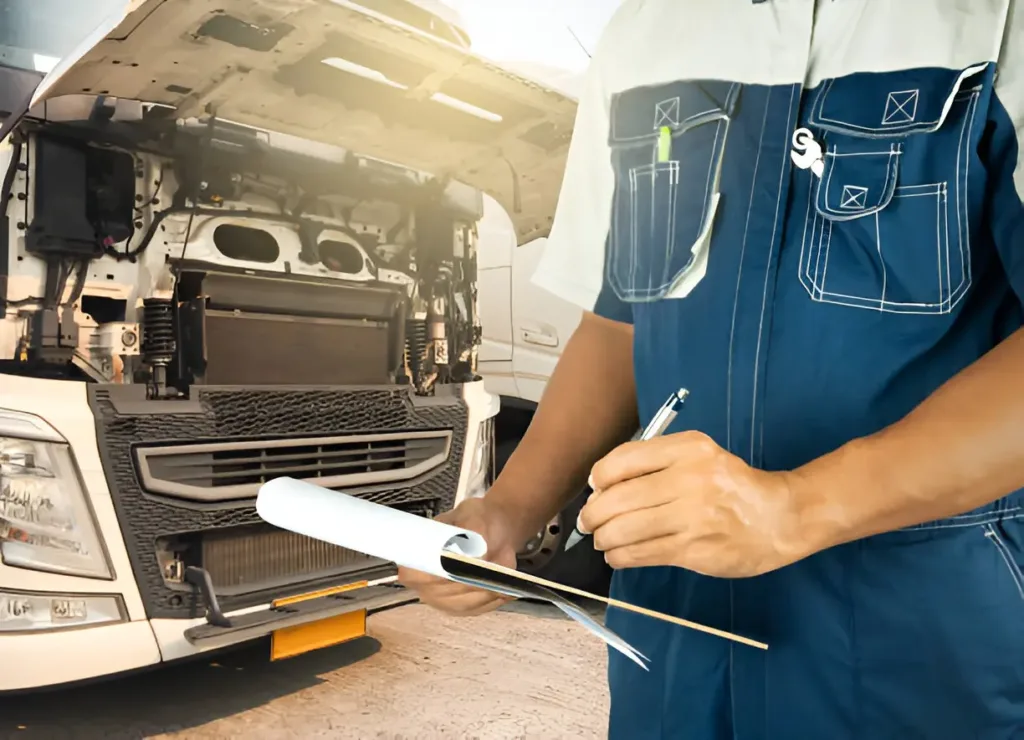Truck accidents can be devastating. They often result in severe injuries or even death. For those involved, it is crucial to seek justice and compensation. This is where evidence becomes vital. Without strong evidence, proving fault and securing compensation can be challenging.
Keep on reading to learn more about the importance of evidence in a truck accident case.
Why Evidence Matters
Evidence is the backbone of any legal case. It helps establish the facts and supports your accident injury claim. In a truck accident lawsuit, evidence can help:
- Prove who was at fault
- Show the extent of your injuries
- Demonstrate the impact on your life
- Secure fair compensation
Types of Evidence
Several types of evidence play a critical role in truck accident cases. Here are some of the most important ones:
Police Reports
Police reports provide an unbiased account of the accident. They include details like:
- The location and time of the accident
- Statements from drivers, passengers, and witnesses
- The officer’s observations and opinions
Witness Statements
Witnesses can offer a different perspective on the accident. Their statements can:
- Corroborate your version of events
- Provide details you may have missed
- Strengthen your case by adding credibility
Photographs and Videos
Visual evidence is compelling. Photos and videos can show:
- Damage to vehicles
- Road conditions and signage
- Weather conditions
- Position of vehicles after the crash
Medical Records
Medical records are essential for proving the extent of your injuries. They can include:
- Doctor’s notes
- Test results
- Treatment plans
- Bills and receipts
Truck Driver’s Logs
Truck drivers must keep detailed logs of their activities. These logs can help:
- Establish the driver’s condition
- Show if the driver was following regulations
- Identify potential fatigue or overwork
Electronic Data
Modern trucks have onboard recording devices. These can provide:
- Speed data
- Brake usage
- Engine performance
- Hours of service
Collecting Evidence
Collecting evidence should start as soon as possible. Here are some steps you can take:
At the Scene
If you can, gather evidence at the scene. Take photos and videos. Talk to witnesses and get their contact information. Write down your recollection of events while they are fresh.
Seek Medical Attention
Even if you feel fine, see a doctor. Some injuries may not show symptoms immediately. Medical records will be crucial for your case.
Contact a Lawyer
A lawyer can help collect and preserve evidence. They can obtain truck driver logs, electronic data, and other crucial information. To ensure that you get your truck injury settlement, check out experts like Steve Dimopoulos for trucking accidents.
Preserving Evidence
Preserving evidence is as important as collecting it. Evidence can be lost or destroyed over time. Here are some tips:
Document Everything
Keep a journal of your injuries and recovery. Save all medical bills and receipts. Keep copies of all correspondence related to the accident.
Avoid Social Media
Refrain from posting about the accident on social media. Insurance companies may use your posts against you.
Follow Legal Procedures
Your lawyer will guide you through the legal procedures to ensure evidence is preserved. They will send preservation letters to involved parties, demanding they keep all relevant evidence.
Dealing with a Truck Accident Case
Evidence is crucial in a truck accident case. It can make the difference between winning and losing. By understanding the types of evidence and how to collect and preserve it, you can strengthen your case.
If you have been involved in a truck accident, seek legal advice promptly. A lawyer can help you gather the necessary evidence and build a compelling case to secure the compensation you deserve.
Also Read –The 4 Essential Roles of a Car Accident Lawsuit Lawyer in Your Case
